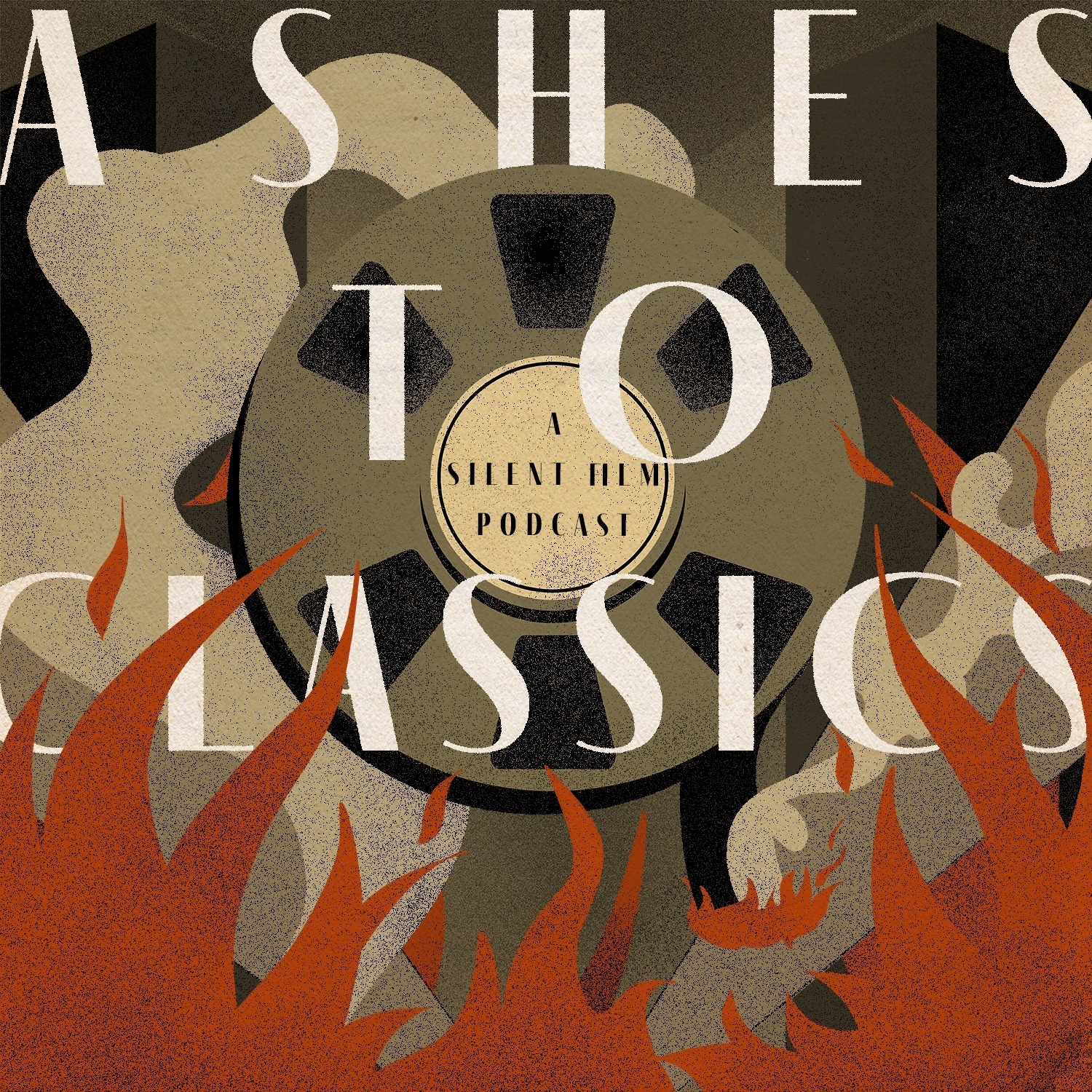5) Von morgens bis mitternachts /From Morn to Midnight (1920)
Description
Second only to the star-spangled system of 1920s Hollywood, the German industry during the days of the Weimar Republic is perhaps the most widely recognized of the silent era. This is thanks in large part to the continued proliferation of the German Expressionist movement, a highly avant-garde and visually stylistic period which became an influential bedrock for many latter genres of cinema and distinct filmic classics. This overview of the German Expressionist movement, briefly covering its high points and enduring successes, will serve as in introduction to a historical survey of Weimar Cinema as a whole, as we kick off a new season exploring the iconic names and faces of the era which lent themselves to so many of the most recognizable Silent Films we still know today.
From Morn to Midnight (originally, Von morgens bis mitternachts), serves as the perfect introductory piece to German Expressionism, with an incredibly distinct visual rendering comparable only to that of the pioneering film of the era, Das Cabinet des Dr. Caligari. The nightmare-like vision of a twisted world as seen through artistically oblique backdrops and makeup was a semi-common means of conveying a sense of destitution and decay in the aftermath of Germany's defeat in the First World War. Listen as we dissect the distinctive qualities of this visually arresting record of Silent Film's most recognizable movement, and measure its survival as a means of preserving the integral artistic history of the time.
A Brief History of Weimar Cinema and German Expressionism: 00:00 - 44:08
Von morgens bis mitternachts/From Morn to Midnight: 44:08 - 1:03:53
Many thanks to Graham Austin and Jack Davenport for the creation of our beautiful logo art and theme music respectively.
More Episodes
Published 04/06/23
The last of our key figures of Weimar era cinema, as well as the last to leave the country to find sanctuary and prestige in America, Fritz Lang may be the most enduring name silent neophytes would be familiar with. The titanic impact of films like Metropolis (1927) and M (1931) solidified his...
Published 04/06/23
The most prolific director to make his way over to America after breaking ground and blazing trails in Germany was none other than Ernst Lubitsch—the legendary comic filmmaker who made Garbo laugh in Ninotchka (1939) and Hitler the fool in eviscerative satire To Be or Not to Be (1942). His...
Published 03/16/23


